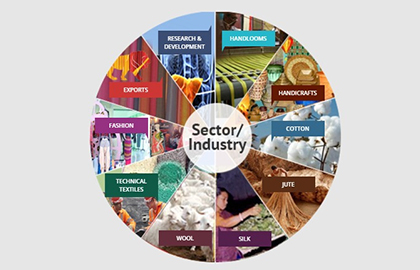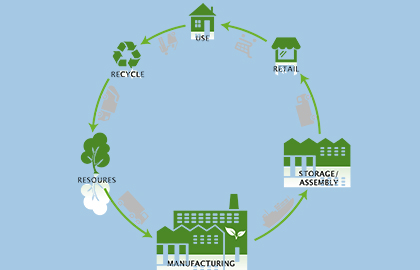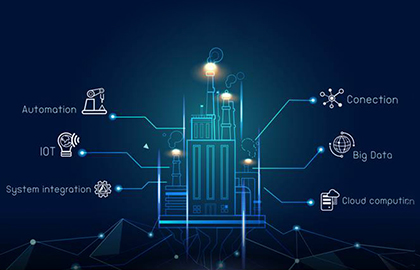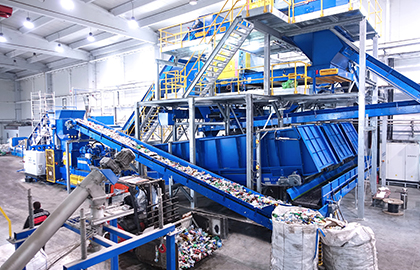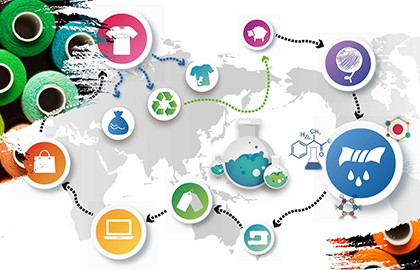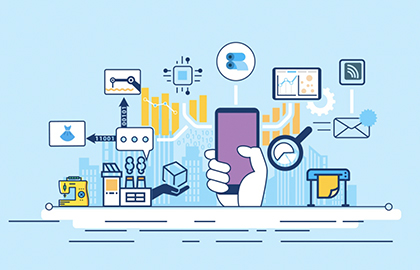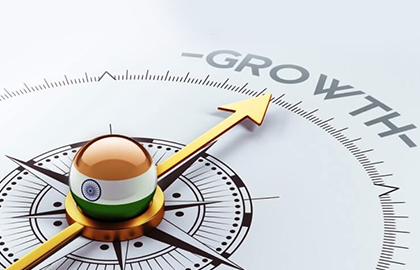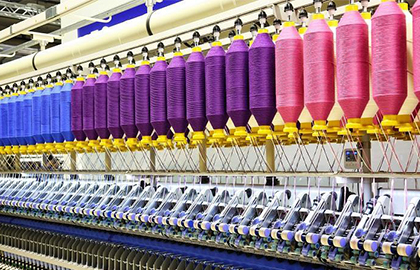
Emotionally & Socially Intelligent Leadership & Work Place : Way Forward to Deal with post-COVID Challenges
With changing times, globalisation of business has given employees exposure to Human Resource Management practices and its positive impacts on Employee Engagement, Employee Performance and its direct relationship to Organisational Performance.
One very important feature that has emerged out of this learning is that its not only Employee Engagement but Employee Well-being which actually leads to enhanced Employee Performance. Employee Engagement only yields certain level of job satisfaction through role clarity, responsibility, accountability, clarity of vision & mission of the organisation through transparent internal & two way communication. Wheras Employee Well-being is stage ahead of Employee Engagement where employees feel that their physical, mental, psychological health are considered as organisational concerns, which make employees not only better engaged but also motivated. This results in further improvement in employee performance, retention and sense of reciprocation towards organisation.
Workplace emotion is one of the key factors which effect employee well being. Workplace emotions are part of working environment affecting employee's emotions due to company policies, leader’s attitude, working relationships, office environment, inter-personal relationships which impact employee’s emotional levels both positively or negatively. Therefore, the extent to which company’s HR policies are employee friendly & employee caring will impact employee well being and emotional levels positively.
The role of leadership is pivotal in an organisation set to achieve enhanced employee engagement through employee well being. Therefore, globally Leadership styles too have gone through change/ in transition from Autocratic to Participative/Collaborative leadershi.
At an emotional level, if the boss is empathetic to his or her team members, it triggers positive emotional level leading to employees feeling motivated and better engaged; they feel that there is someone whom they can confide about working comfort / personal matters and someone who cares for their emotional needs. Hence, It is the one of the key responsibilities of Leader to make & keep work place Emotionally Intelligent (EI).
It is prudent to understand that in changing times, along with need for Emotionally Intelligent (EI) work place, it is also expected to be Socially Intelligent (SI). It is believed that EI alone cannot lead to achieving Employee Well-being. SI is defined as Team member’s bonding among each other and with Leader Socially.
In the upcoming post-COVID challenging times, role of leaders in terms of EI & SI quotient will play very important role in restoring team synergy under altered emotional stress levels of employees, through empathetic personal conduct & driving innovative interventions across levels.
One very important feature that has emerged out of this learning is that its not only Employee Engagement but Employee Well-being which actually leads to enhanced Employee Performance. Employee Engagement only yields certain level of job satisfaction through role clarity, responsibility, accountability, clarity of vision & mission of the organisation through transparent internal & two way communication. Wheras Employee Well-being is stage ahead of Employee Engagement where employees feel that their physical, mental, psychological health are considered as organisational concerns, which make employees not only better engaged but also motivated. This results in further improvement in employee performance, retention and sense of reciprocation towards organisation.
Workplace emotion is one of the key factors which effect employee well being. Workplace emotions are part of working environment affecting employee's emotions due to company policies, leader’s attitude, working relationships, office environment, inter-personal relationships which impact employee’s emotional levels both positively or negatively. Therefore, the extent to which company’s HR policies are employee friendly & employee caring will impact employee well being and emotional levels positively.
The role of leadership is pivotal in an organisation set to achieve enhanced employee engagement through employee well being. Therefore, globally Leadership styles too have gone through change/ in transition from Autocratic to Participative/Collaborative leadershi.
At an emotional level, if the boss is empathetic to his or her team members, it triggers positive emotional level leading to employees feeling motivated and better engaged; they feel that there is someone whom they can confide about working comfort / personal matters and someone who cares for their emotional needs. Hence, It is the one of the key responsibilities of Leader to make & keep work place Emotionally Intelligent (EI).
It is prudent to understand that in changing times, along with need for Emotionally Intelligent (EI) work place, it is also expected to be Socially Intelligent (SI). It is believed that EI alone cannot lead to achieving Employee Well-being. SI is defined as Team member’s bonding among each other and with Leader Socially.
In the upcoming post-COVID challenging times, role of leaders in terms of EI & SI quotient will play very important role in restoring team synergy under altered emotional stress levels of employees, through empathetic personal conduct & driving innovative interventions across levels.




